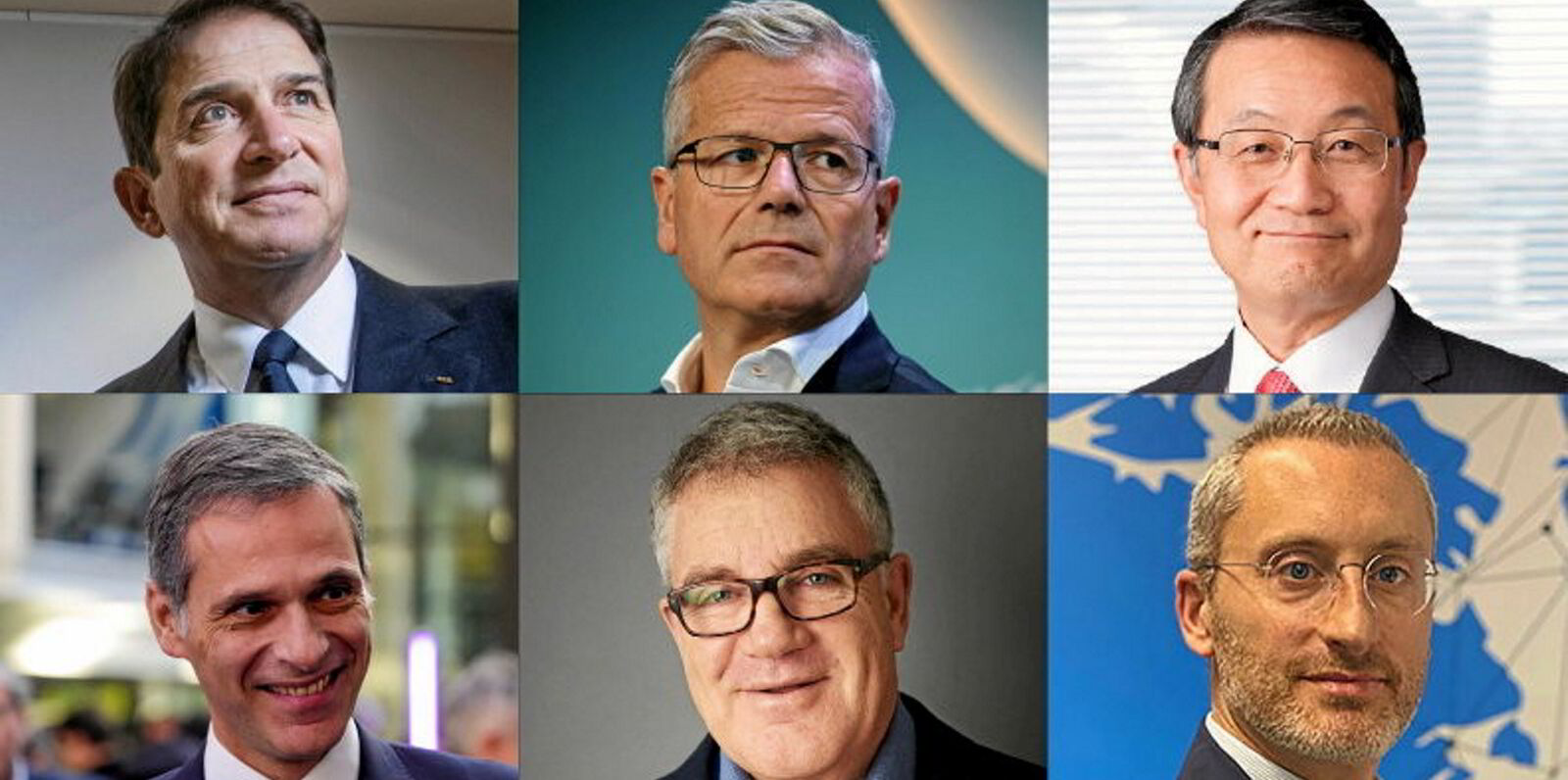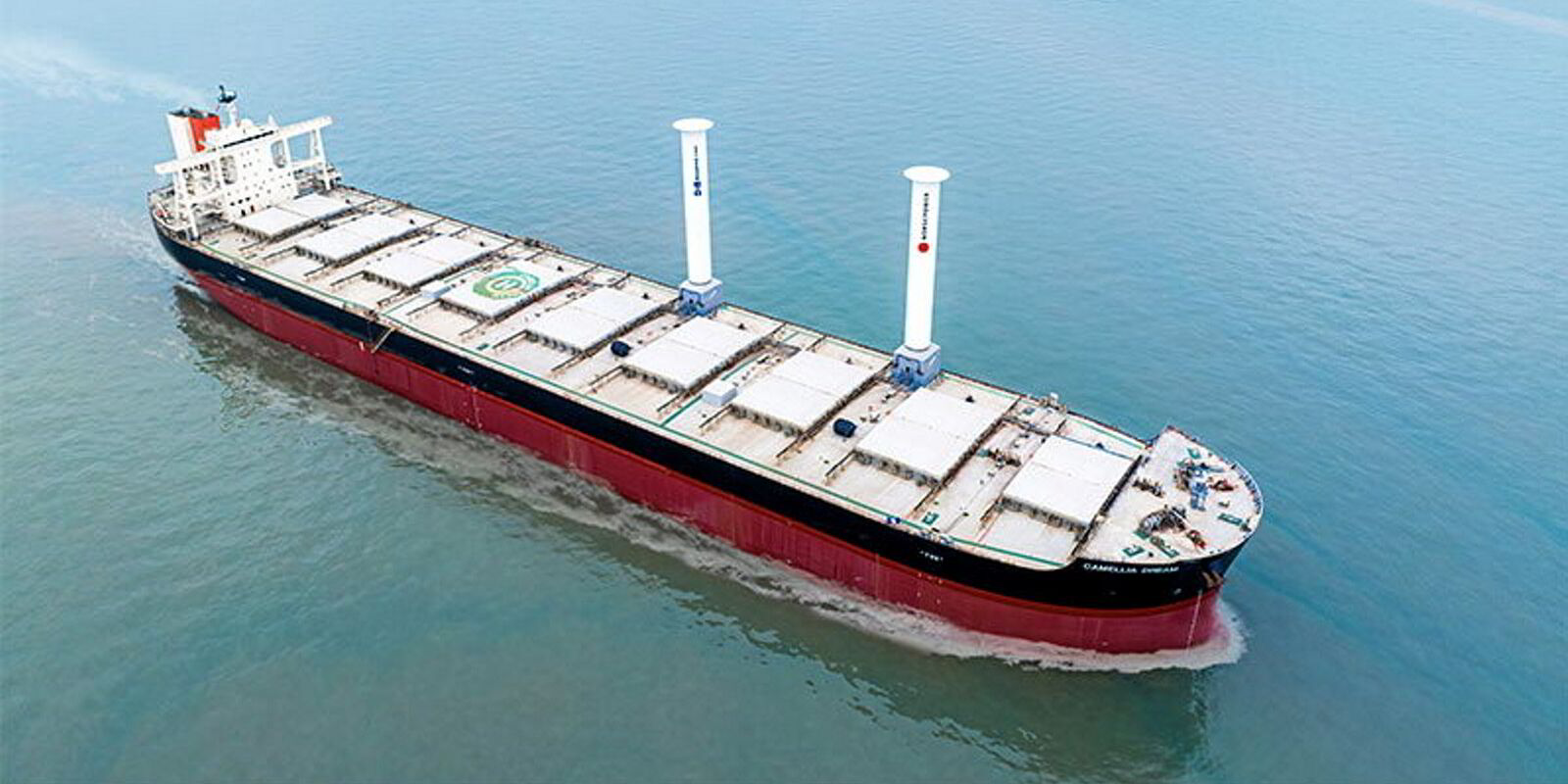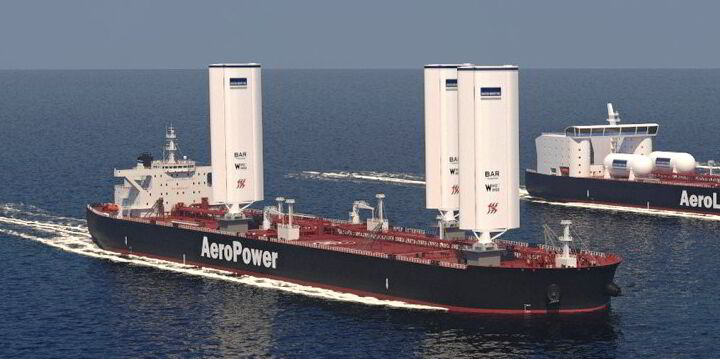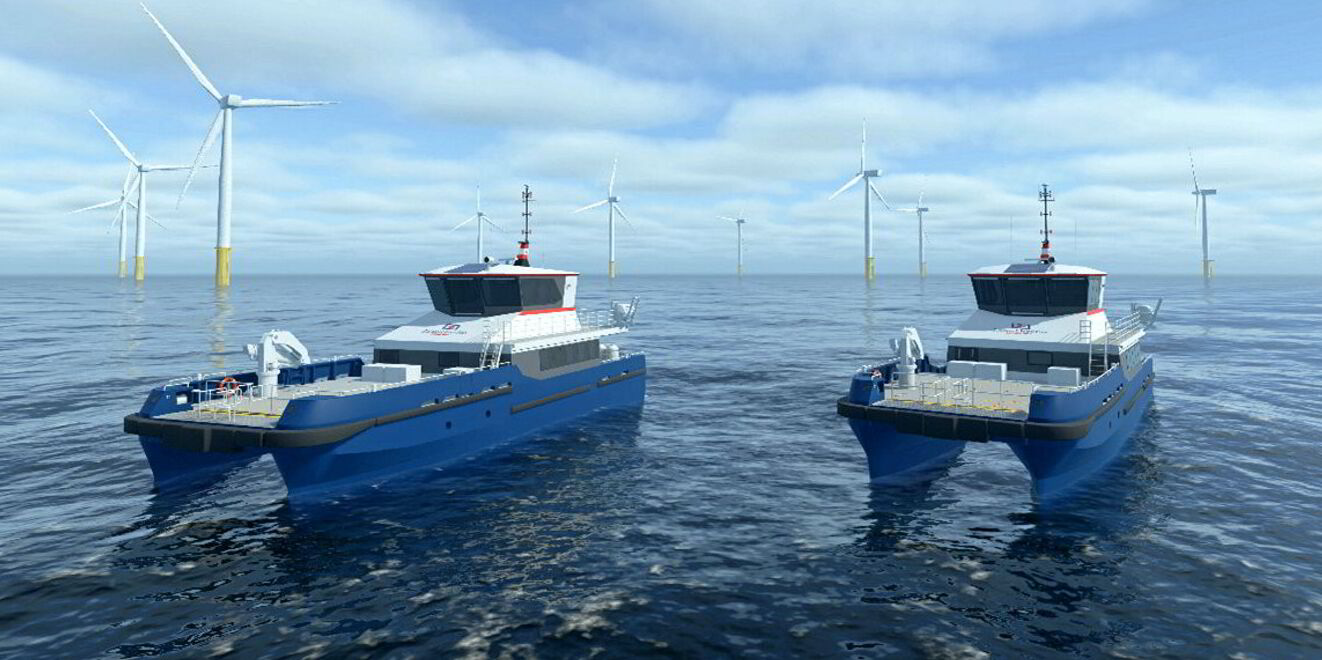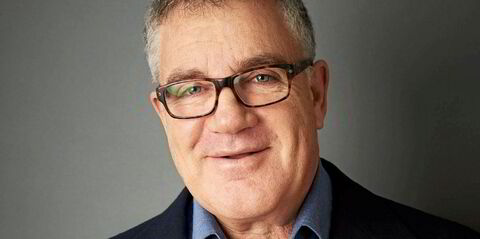A growing trend in the shipping industry is seeing wealthy shipowners investing in cleantech companies ahead of adopting these technologies in their fleets.
In the UK alone, several maritime cleantech firms have attracted investments from owners.
Carisbrooke Shipping has a stake in GT Wings and Carnot Engines, likewise, Mitsui OSK Lines has a stake in the start-up engine maker, as well as in Smart Green Shipping, another wind propulsion system developer, through MOL Drybulk.
TradeWinds reported that UK-based tanker and bulker owner Union Maritime took an equity stake in BAR Technologies in June.
Union Maritime’s equity investment in the cleantech scale-up came with an order for BAR’s wing system, which will be installed on a series of newbuildings.
Portsmouth-based BAR counts another shipowner investor and product user in Singapore’s Berge Bulk.
Owners are also increasingly using their cash to create venture capital investment divisions or to invest in dedicated maritime start-up funds.
So why are shipping companies taking an investment stake in cleantech outfits and not just ordering the product for their ships?
The answer comes down to understanding that these technologies are nascent and need financial backing, and that investing helps assess and reduce many of the risks while signalling approval to other companies, according to Carisbrooke fleet manager Captain Simon Merritt.

“People now call us and ask about the technologies,” he told TradeWinds. “They believe us before they believe the tech firms.”
This is an important point. Many tech firms, notably those scaling up, will have fuel-saving or emissions-reduction claims that may be unproven, and at worst exaggerated or misleading as their messaging is spun through PR firms.
It may also make economic sense, given that the regulatory landscape — though still full of questions — has a clear direction that makes cleantech solutions a necessity. The writing is on the wall, and these cash-rich owners have the opportunity to shape it.
Some maritime cleantech solutions are driven by entrepreneurs with notable individuals at the helm, though they may or may not have industry experience.
According to Merritt, it comes down to cementing these technology solutions in the industry and helping ensure they have the potential for success.
Union Maritime chief executive Laurent Cadji called wind a clear “big-ticket play” for capital investment, highlighting the equity stake in BAR, which includes an order for BAR’s technology and Norsepower’s rotor sails for 34 newbuildings.
“Wind is the angle that we’ve chosen to back wholeheartedly as the biggest bang for our buck, where we have decided to commit the first wave of big capital because we see the value that we are deriving from wind,” he said.
Clean demonstrations
Four years ago, the UK government launched its Clean Maritime Demonstration Competition (CMDC), providing funding for clean technology projects ranging from early-stage innovations to those ready for installation on vessels or in ports. Merritt said this project is what helped bring solutions to Carisbrooke’s attention.
There have been four rounds of the CMDC over the four years, with harbours and shipowners being funded to offer vessels or harbour space as test sites for aspiring technologies.
This is where Carisbrooke went looking for some new solutions and found GT Wings and Carnot, an engine maker start-up looking at high-efficiency engines based on industrial ceramics.
“We saw that companies wanted data,” said Merritt at Carisbrooke.
“We saw Carnot with a modified international combustion engine. We did a market appraisal and the first round of CMDC, and that kick-started us.”
Carisbrooke has now taken part in at least four funded projects with Carnot and GT Wings. Both technology firms will be using a Carisbrooke vessel to test their concepts.
But as well as offering data, Carisbrooke found both companies needed additional investment.
They were required to raise capital to fund their product development cycle, and this is where the decision to invest came in. Not only did it help the start-ups with funds, but it also gave reassurance to other potential backers that the shipping industry was favourable to the technology.
“Putting tech on a ship is a risk, including reputational and operational, and there is the downtime to be considered,” said Merritt, looking at the projects from a shipowner perspective.
He also said there were other aspects of the technology that a shipowner could better deal with than the tech start-up, such as crew training and operational parameters like port restrictions and fuel supply.
The Carnot trial will only be temporary. The multifuel engine will be installed on a container on deck and removed after the trial.
The GT Wings system will potentially be permanent. Fednav, the charterer of the Carisbrooke vessel, is favourable to seeing fuel-saving technology trialled and may allow other vessels it deploys to be retrofitted.
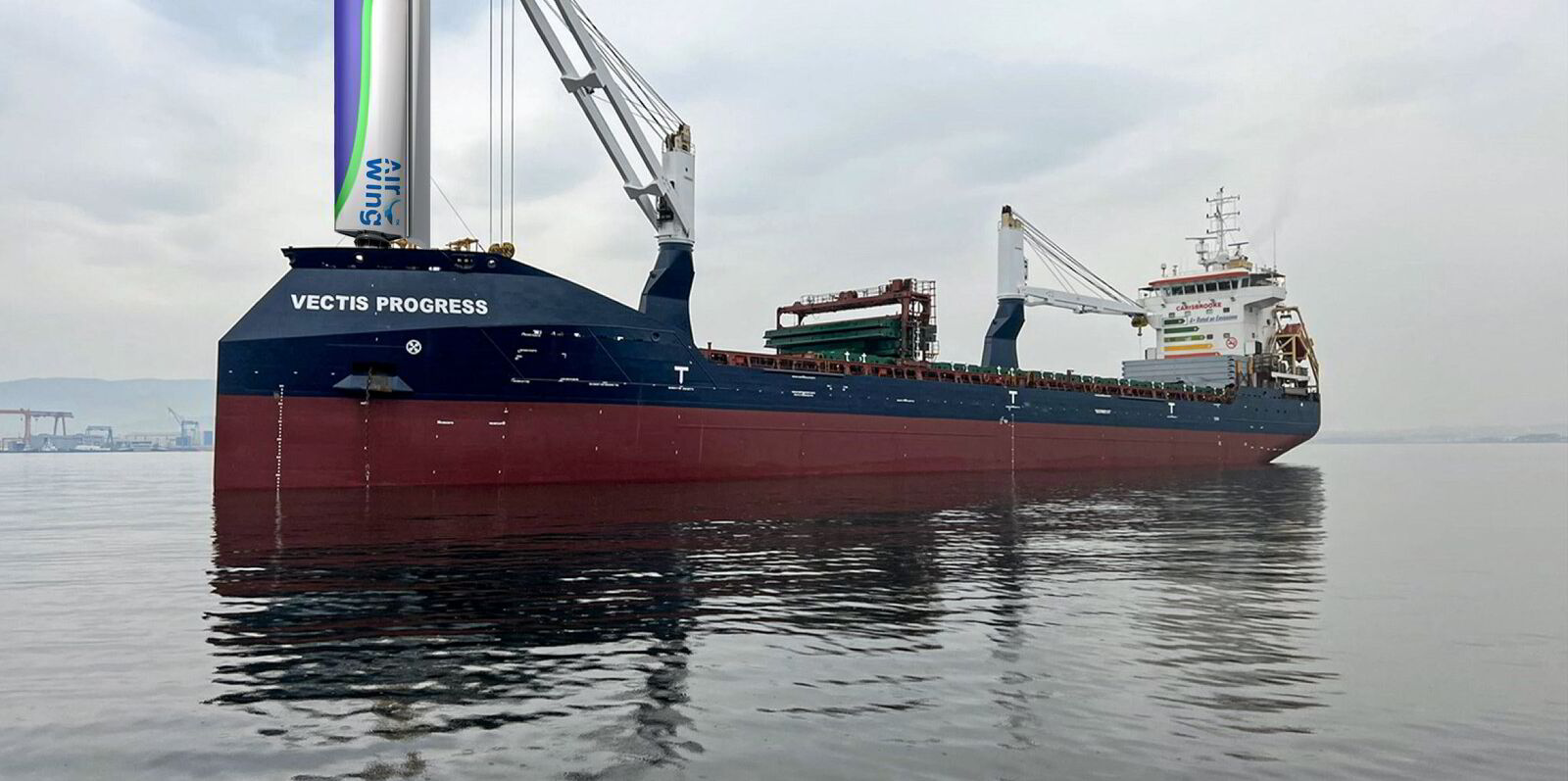
Investing in start-ups
Another emerging trend is shipowners and wealthy individuals establishing venture capital firms dedicated to investing primarily in digital start-ups.
Motion Ventures is a venture capital fund with investments from a range of maritime businesses, although not all are shipowners. Flagship Founders is linked to wealthy German shipping families.
Large shipowners have also launched their own VC divisions. Stolt-Nielsen has Stolt Ventures, Eastern Pacific Shipping has EPS Ventures and CMA CGM has one too.
Maersk has Maersk Growth, Lomar Shipping has LomarLabs, MOL has MOL Plus and energy giant Shell has one also, with some of its cash going to shipping-related start-ups.
All have a handful of investments each, with some having stakes in the same company.
Both EPS Ventures and Stolt Ventures have a stake in Canadian graphene hull coating firm GIT Coatings. GIT now boasts its graphene hull coating on about 60 hulls, ranging from large tankers to fishing vessels and on 340 propellers.
In several cases, the investment into a start-up gives the investing shipping company a say in the start-up’s direction, often through a position on the board of directors or as an adviser, which in many cases is a much-needed role as many companies, particularly digital ones, lack the maritime competence needed.

